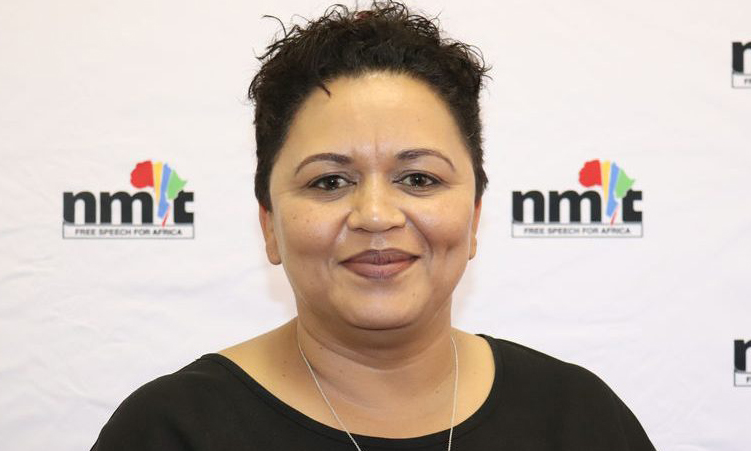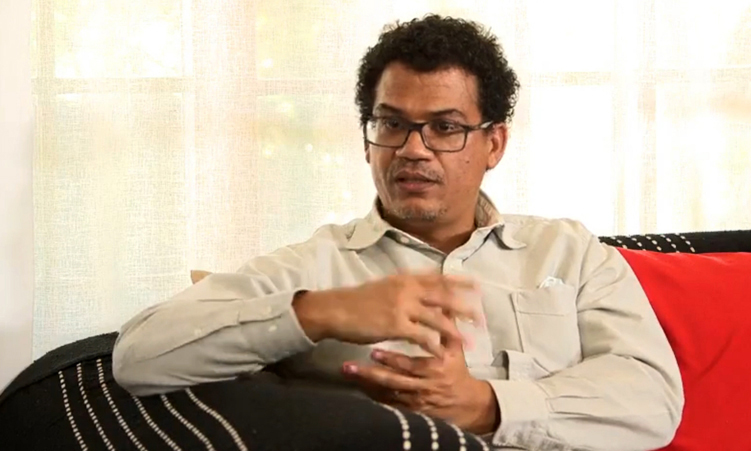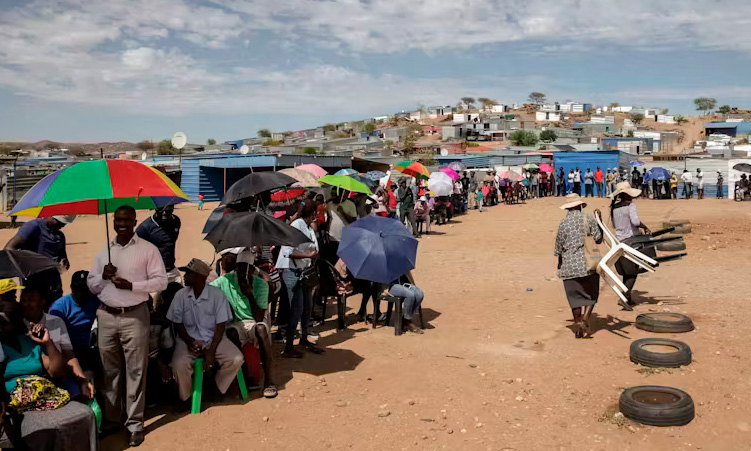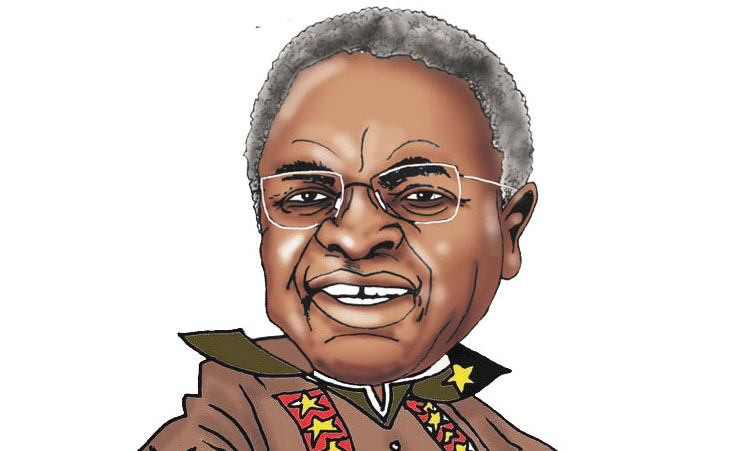Namibia Media Trust director Zoe Titus says the increase of misinformation and disinformation during elections are tactics aimed at eroding trust, creating confusion and influencing voter behaviour.
Titus was responding to the recent increase of social media attacks against the Independence Patriots for Change (IPC) and artificial intelligence (AI) pictures of vice president Netumbo Nandi-Ndaitwah.
“There is often a spike in misinformation and disinformation before elections due to the high stakes, heightened public attention and emotional engagement they generate,” she says.
Titus says political actors and interest groups exploit these dynamics to sway opinions, using emotionally charged narratives and technologies like AI-generated content to spread falsehoods.
“At the same time, social media amplifies the problem by prioritising sensational content, while low media literacy among voters makes it easier for misleading information to take root.
“These tactics are generally aimed at eroding trust in institutions and persons, creating confusion and influencing voter behaviour.
I would appeal to not only political parties, election authorities and media organisations – as you propose – but also the general public, which is the ultimate target, to be vigilant and develop the skills to critically evaluate information,” she says.

DIGITAL LITERACY
She says digital literacy has become a fundamental skill for citizens to have.
“Times have changed, and digital literacy has become a fundamental skill for citizens to navigate the complexities of our modern world. I would place particular responsibilities at the door of political parties, election authorities and media organisations who play special roles during an election period.”
She says political parties should be regulated through a code of conduct that requires them to refrain from spreading disinformation and, where it does happen, they should empower others to take action against members who engage in such practices.
According to Titus, electoral authorities should be transparent and proactive in their communication with the public.
“There is an exciting fact-checking coalition in Namibia. It would be very useful for the Electoral Commission of Namibia (ECN) to collaborate closely with the coalition,” she says.
She questions how voters can be empowered to critically evaluate the information they consume, particularly in light of the increasing sophistication of disinformation tactics, including AI technology, during electoral periods in Namibia.
“The only plausible answer to this question is investment in digital and media literacy initiatives; this is not the responsibility of the government or the ECN only.
This should be taken up at a foundational level through our education system so that we create a digitally literate citizenry that can engage critically with media and information,” she says.

UNDERMINING TRUST
Institute of Public Policy Research research associate Frederico Links says the ongoing disinformation war on social media is meant to undermine trust.
“There clearly is an ongoing disinformation war playing out in some social media spaces.
We see that there are especially pro-Swapo and pro-IPC actors mimicking news media and posting and sharing messages and content meant to undermine trust in the other side,” he says.
Links says political parties should heed the recently gazetted code of conduct that calls on them and their members not to engage in spreading lies about competitors and undermining trust in elections.
“I don’t see how the ECN is capacitated to monitor the conduct of political actors when it comes to online disinformation,” he says.
According to Links, there is a need for media and information literacy interventions and civic education around digital communication technologies and applications and their uses in political messaging.
“But those are the long-term interventions.
So, basically, it seems the situation could get a lot worse as we move closer to the elections and beyond, before it will get better. Our electoral authorities and news media are not ready to deal with what’s happening, unfortunately,” he says.
Stay informed with The Namibian – your source for credible journalism. Get in-depth reporting and opinions for
only N$85 a month. Invest in journalism, invest in democracy –
Subscribe Now!










